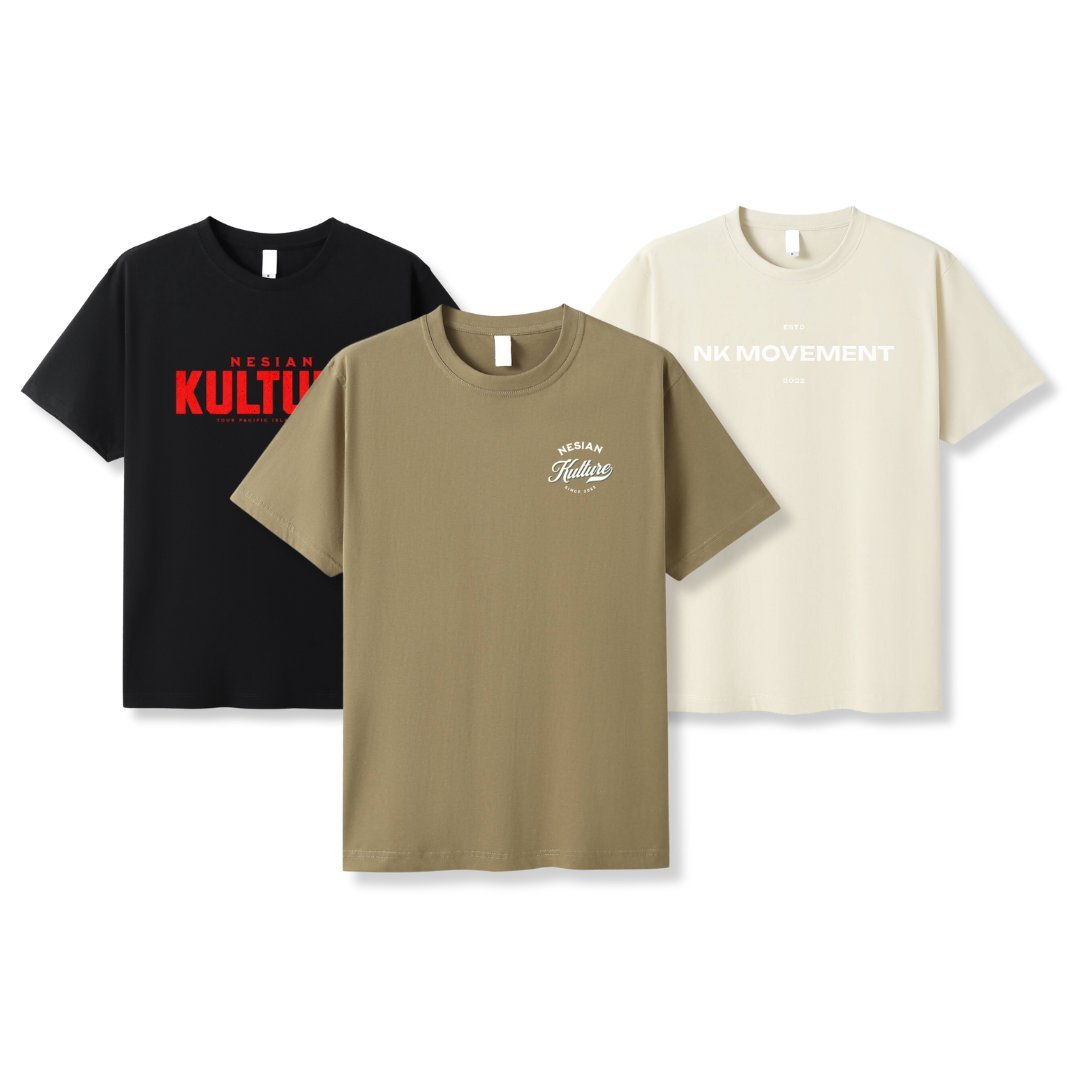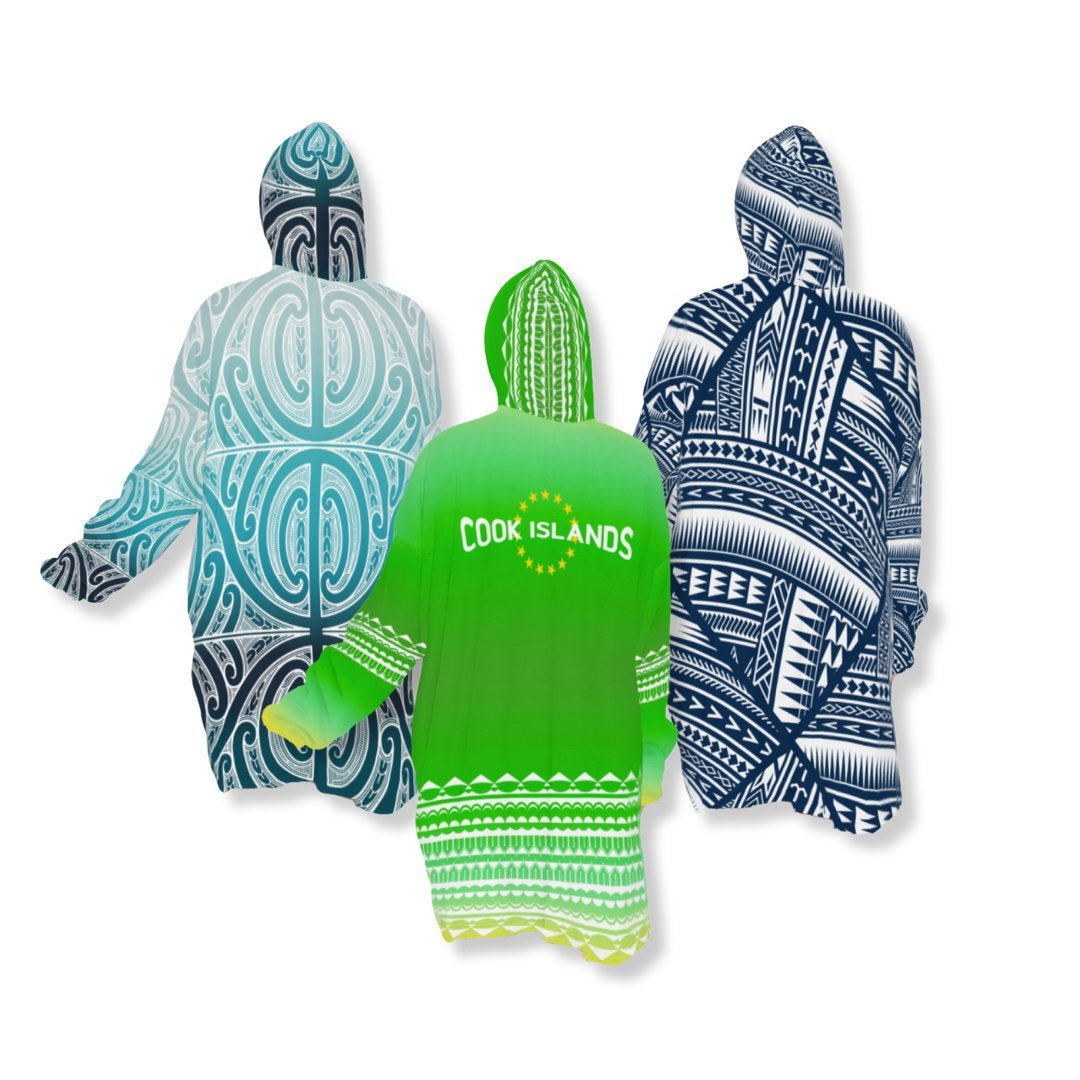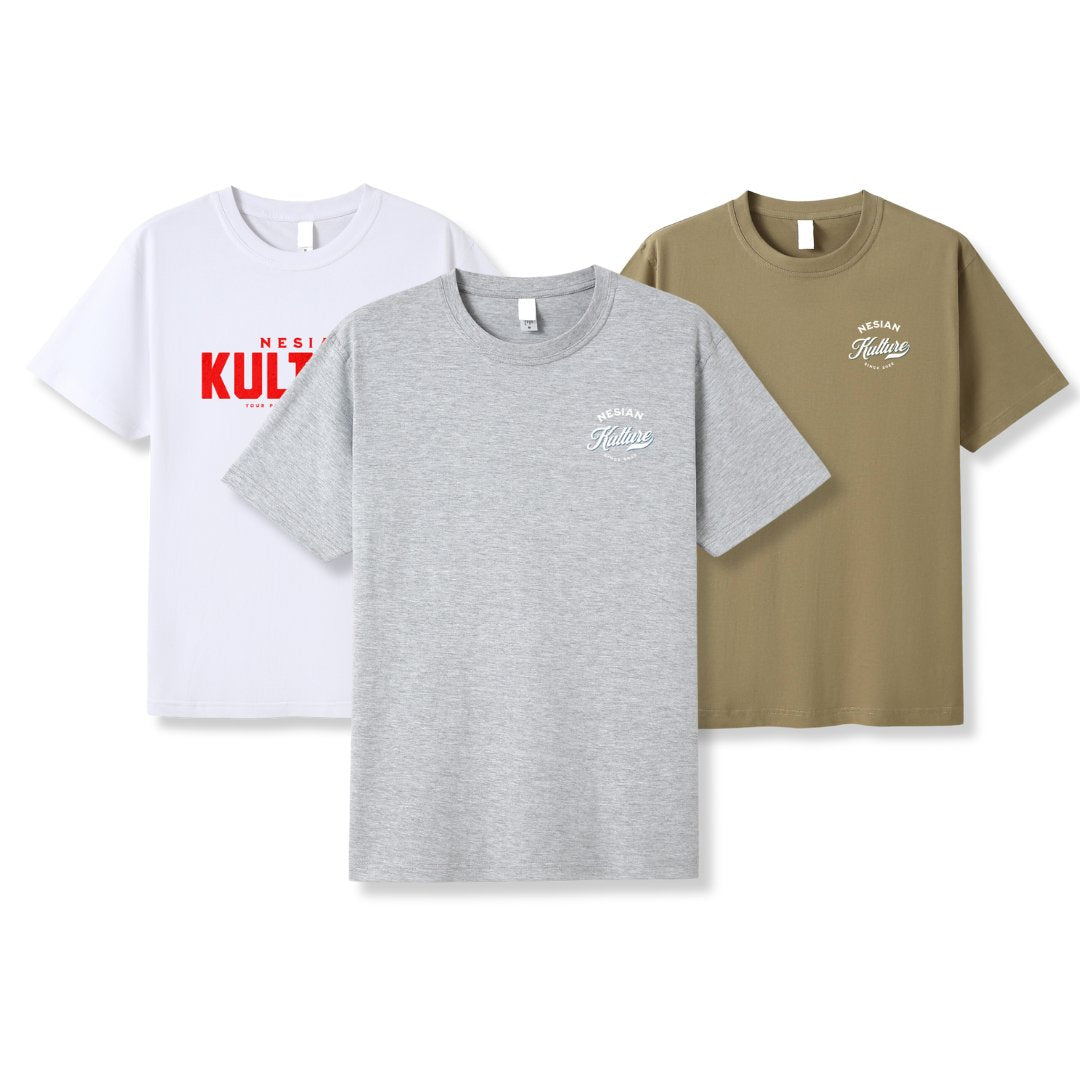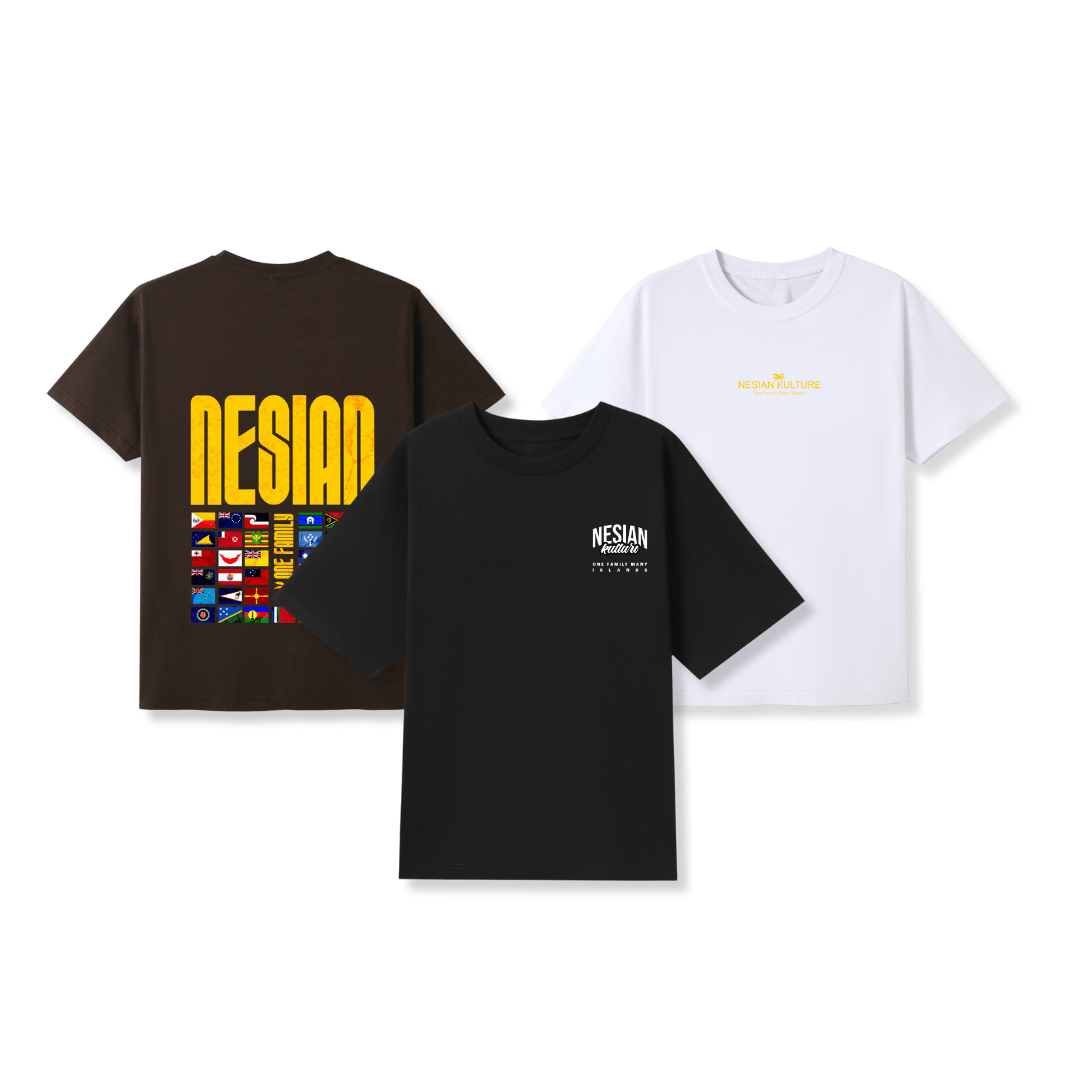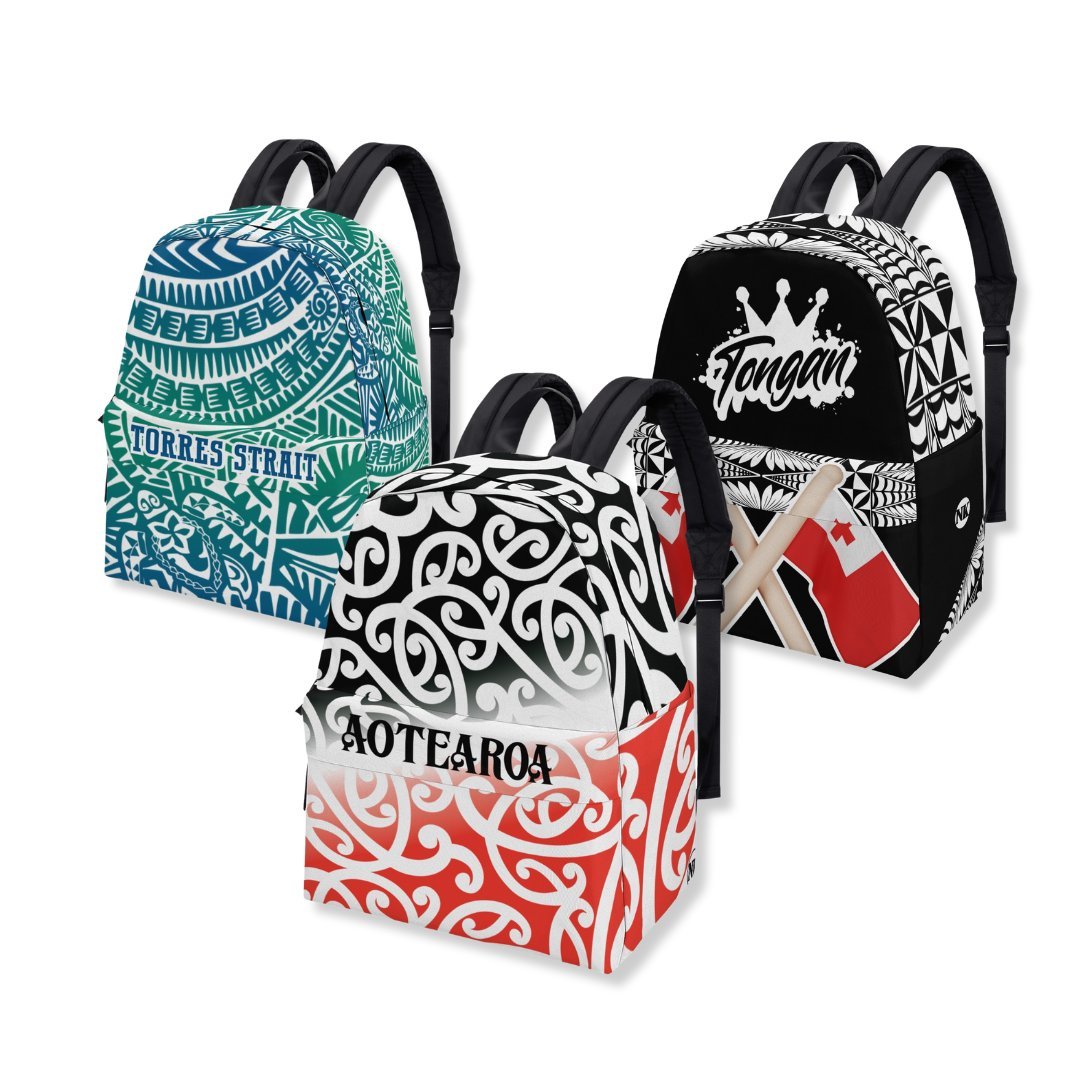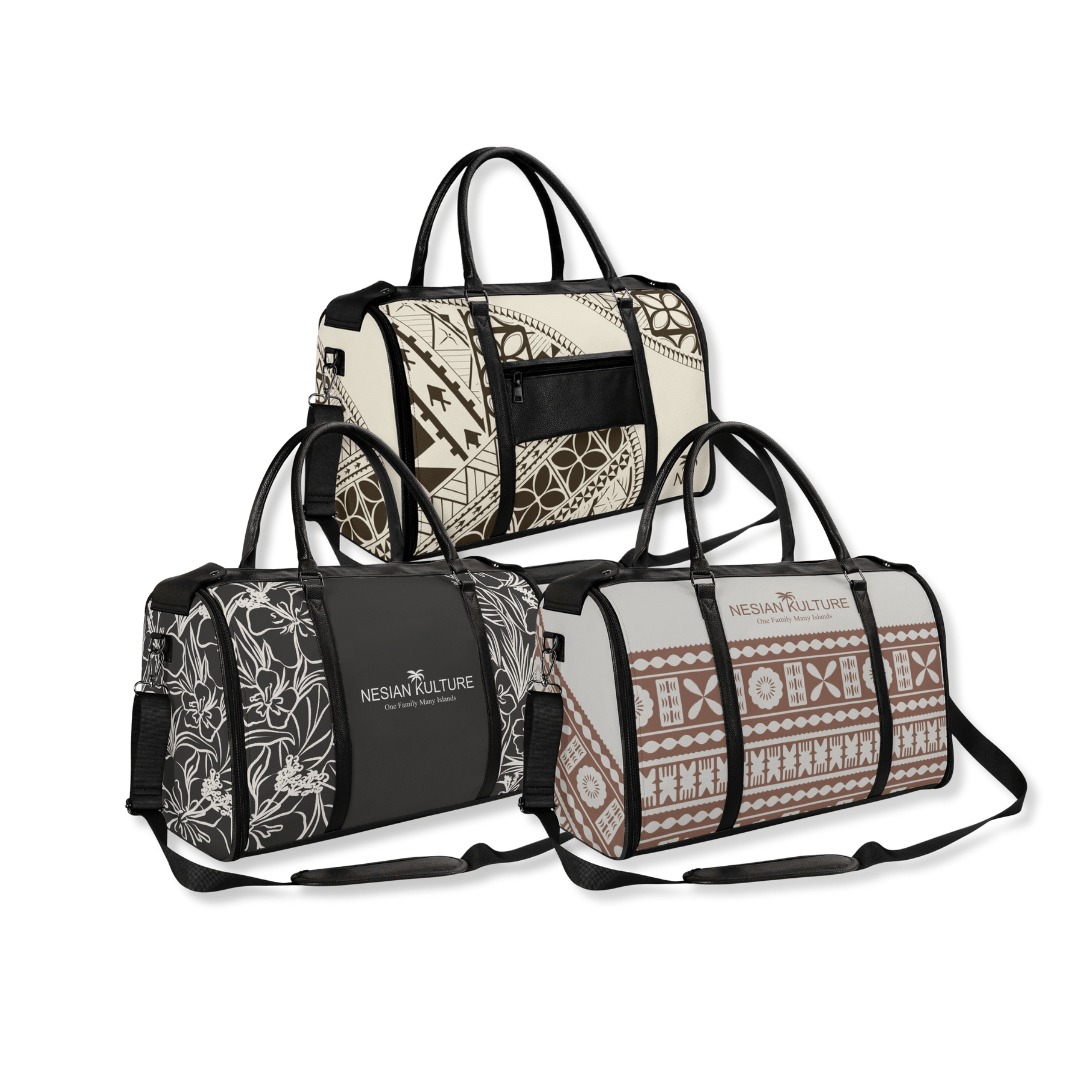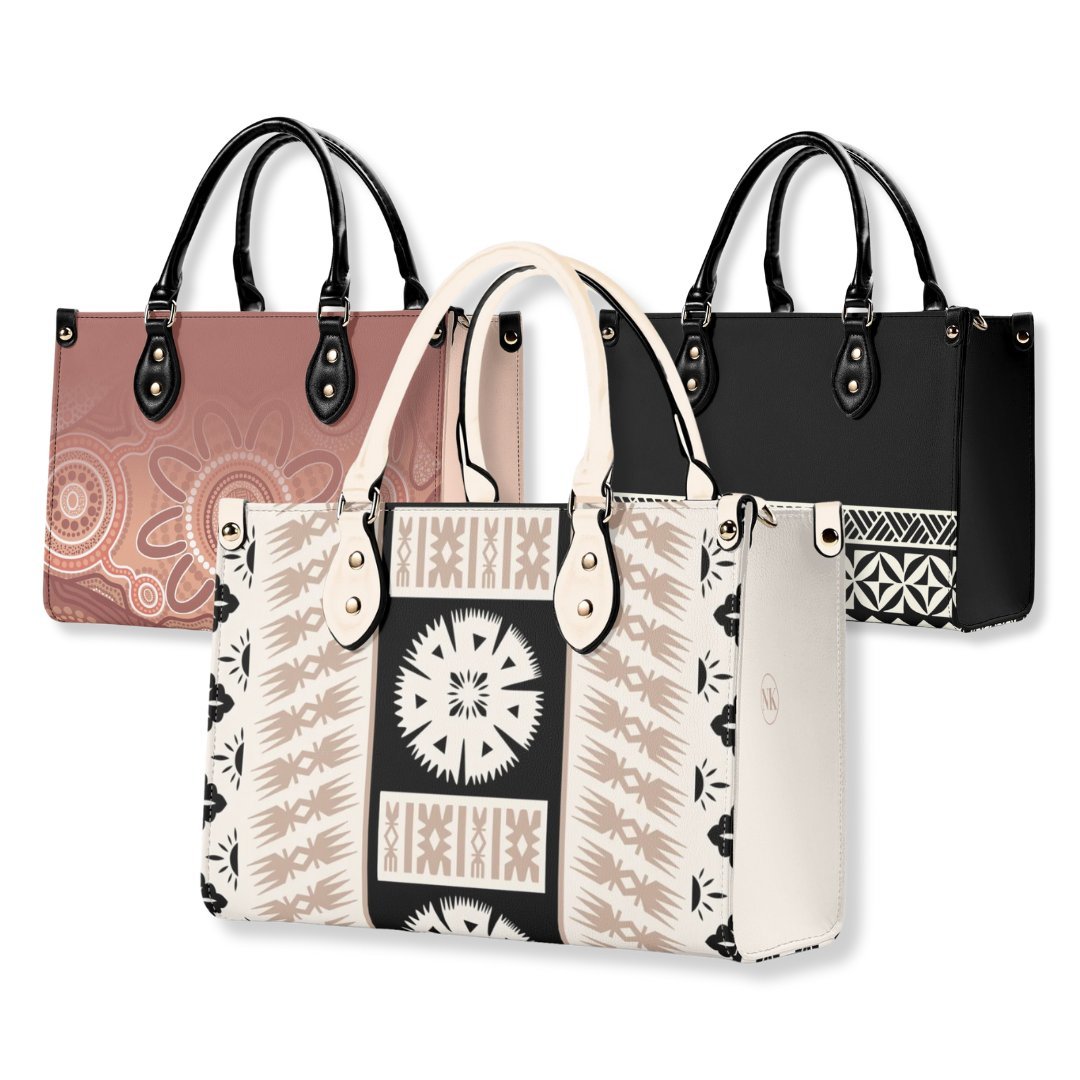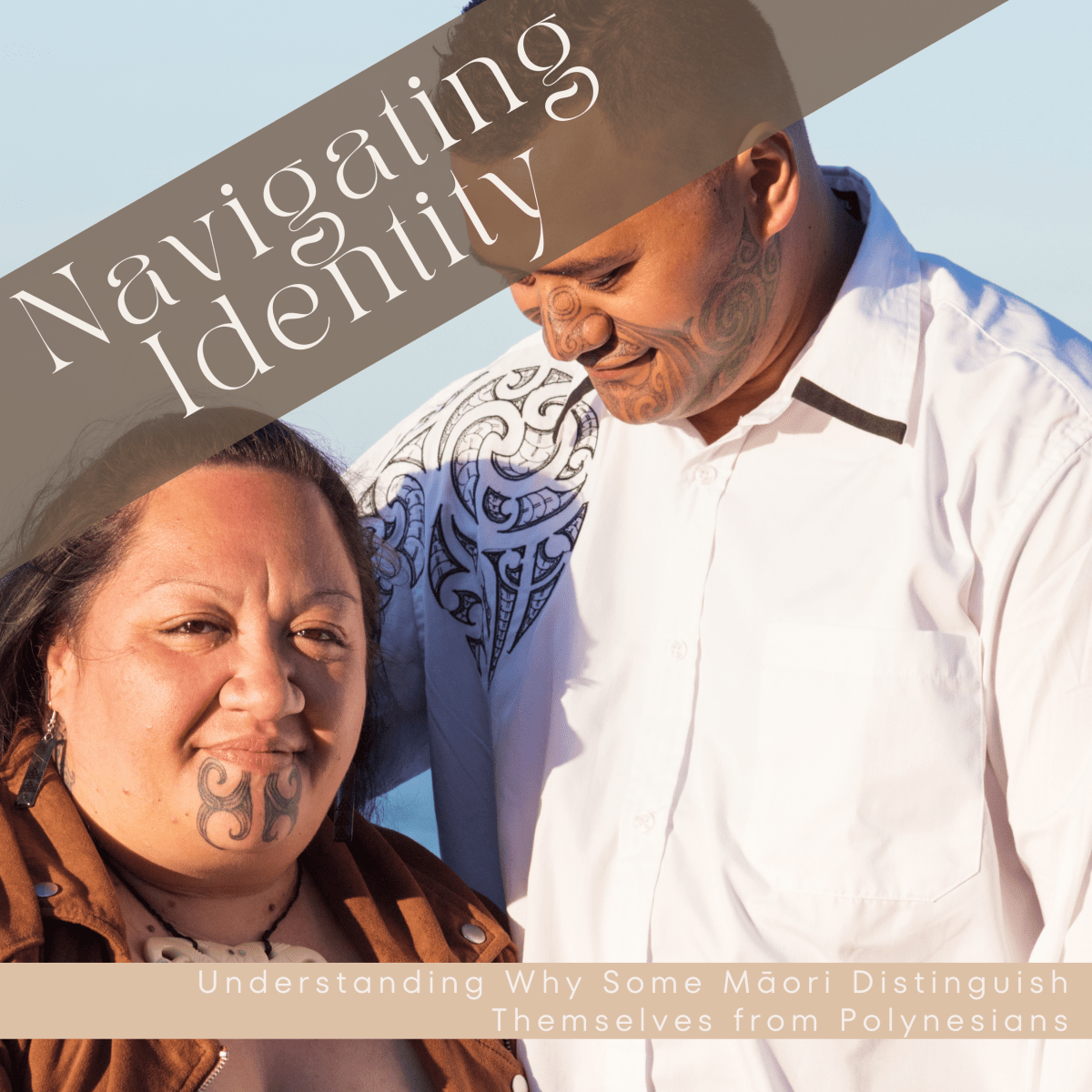
Why Some Māori Distinguish Themselves from Polynesians
The topic of why some Māori people may feel uncomfortable being labelled as Polynesians, despite their undeniable Polynesian heritage, is rooted in both historical and cultural nuances. Here's an exploration of the issue:
Understanding the Distinction: Māori vs. Polynesian Identity
The Māori people of Aotearoa (New Zealand) are indeed of Polynesian descent, sharing common ancestors with other Polynesian groups spread across the vast Pacific Ocean. The term “Polynesian” itself comes from the Greek words “poly” (many) and “nesos” (islands), referring to the numerous islands within the Polynesian Triangle, which includes Hawaii, Easter Island (Rapa Nui), and New Zealand.
However, the reluctance of some Māori to identify solely as Polynesians is a reflection of their unique identity and historical experiences. Here are some of the key reasons behind this perspective:
1. Distinct Cultural Identity
- Unique Cultural Evolution: While the Māori share ancestral roots with other Polynesian peoples, their culture, language, and traditions have evolved in distinct ways since their ancestors arrived in New Zealand around 1,000 years ago. This has led to the development of a unique Māori identity that is different from other Polynesian cultures.
- National Identity: The Māori are the indigenous people of New Zealand, and their identity is closely tied to the land (whenua) of Aotearoa. This connection to their homeland is a central aspect of Māori identity, and it distinguishes them from other Polynesian groups who have their own unique ties to different islands in the Pacific.
2. Historical Context
- Colonial History: The arrival of European settlers in New Zealand and the subsequent colonization significantly impacted Māori society. Over time, Māori people have fought to preserve their language, culture, and autonomy in the face of colonization and assimilation pressures. This struggle for recognition and rights has reinforced a strong sense of Māori identity that is distinct from a broader Polynesian label.
- Political and Social Movements: The 20th century saw the rise of Māori cultural and political movements that emphasized the importance of Māori identity and self-determination. These movements often highlighted the distinctiveness of Māori culture, language, and rights within the context of New Zealand, further reinforcing a separate identity from the broader Polynesian category.
3. Broader Polynesian Identity
- Pan-Polynesian Identity: The term “Polynesian” is often used in a broad sense to describe all the cultures and peoples within the Polynesian Triangle. While this term is accurate in a genealogical sense, it can sometimes overlook the diversity and uniqueness of each individual culture within the region. For some Māori, identifying solely as Polynesian may feel like a reduction of their unique cultural identity to a more generalized term.
- Cultural Specificity: Just as Samoans, Tongans, and Hawaiians each have their own distinct cultures within the Polynesian group, so do the Māori. The desire to be recognized specifically as Māori, rather than just as Polynesians, is a way of asserting the distinctiveness of their culture and history.
4. Pride in Ancestry and Heritage
- Ancestral Pride: For many Māori, there is a deep sense of pride in their ancestry and heritage that is specific to Aotearoa. This pride is tied to their ancestors (tūpuna) who navigated the vast Pacific Ocean to settle in New Zealand, and to the rich traditions, language, and customs that have been passed down through generations.
- Cultural Renaissance: In recent decades, there has been a resurgence in the use of the Māori language (te reo Māori), traditional practices (such as haka and carving), and the revitalization of Māori identity. This cultural renaissance has further strengthened the desire to be recognized specifically as Māori, rather than under the broader Polynesian umbrella.
While the Māori are undeniably part of the wider Polynesian family, their distinct cultural evolution, historical experiences, and deep connection to their homeland have shaped a unique identity that they are proud to assert. Understanding this context helps explain why some Māori may prefer to be identified specifically as Māori rather than being grouped under the broader term "Polynesian."
This topic is not just about cultural labels but about the importance of recognizing and respecting the unique identities and histories of indigenous peoples.
Respectful Exploration of Māori and Polynesian Identities
This discussion is based solely on historical and cultural research, and is intended to provide insight into the complex relationship between Māori and Polynesian identities. We approach this topic with the utmost respect and sensitivity, and our aim is not to offend or disrespect anyone, especially the Māori community. At Nesian Kulture, we consider everyone to be part of our extended family, and we deeply value the diversity and richness of all Pacific Island cultures. Much love and respect to all.
Related Posts

ONE FAMILY. MANY ISLANDS — THE STORY BEHIND THE WORDS
Discover the true story behind Nesian Kulture’s tagline “One Family. Many Islands.” — a movement born from Susan’s childhood as...
En savoir plus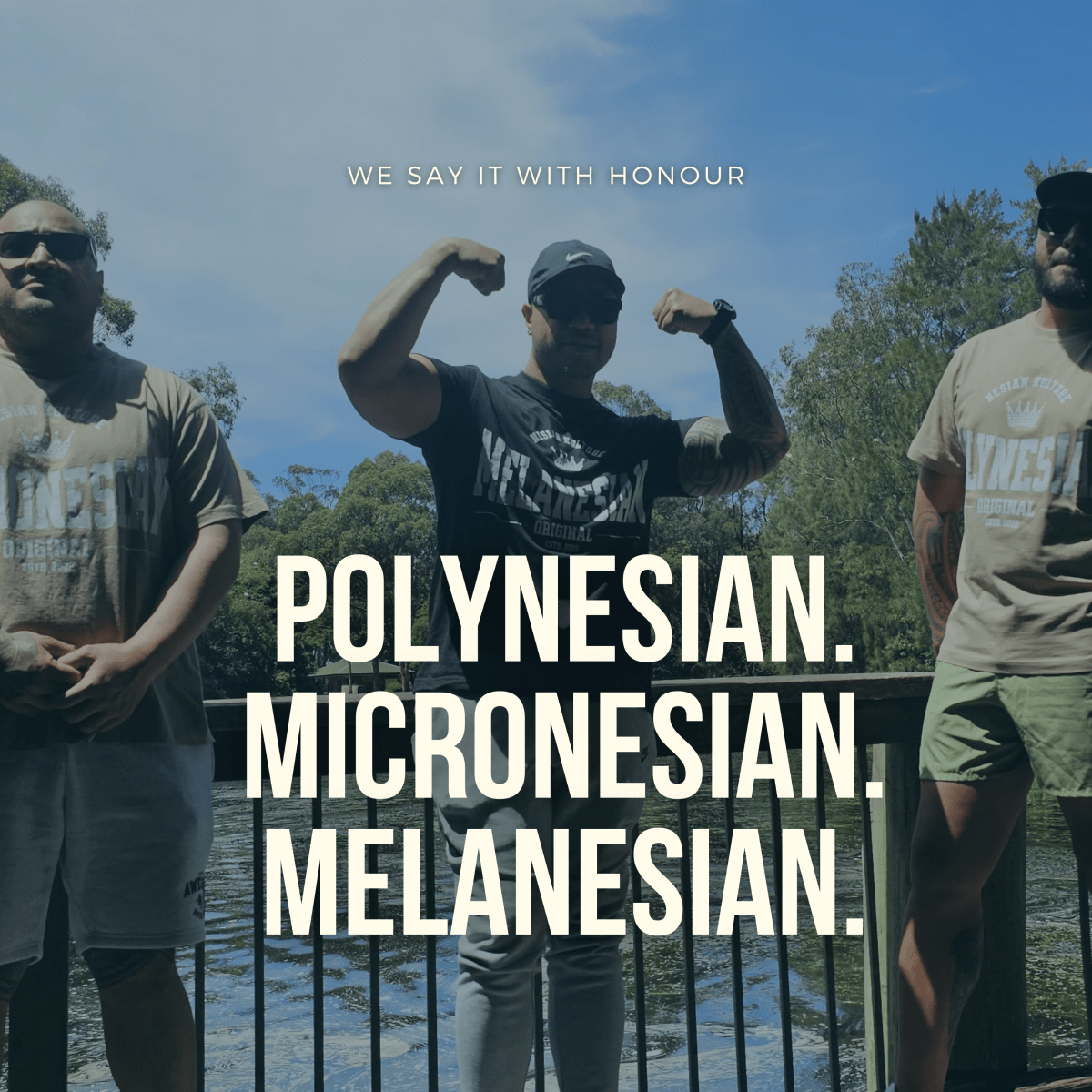
We Still Say Polynesian, Micronesian & Melanesian — And We Say It With Honour
Some say we shouldn’t use names like Polynesian, Micronesian, or Melanesian. At Nesian Kulture, we believe those names no longer...
En savoir plus